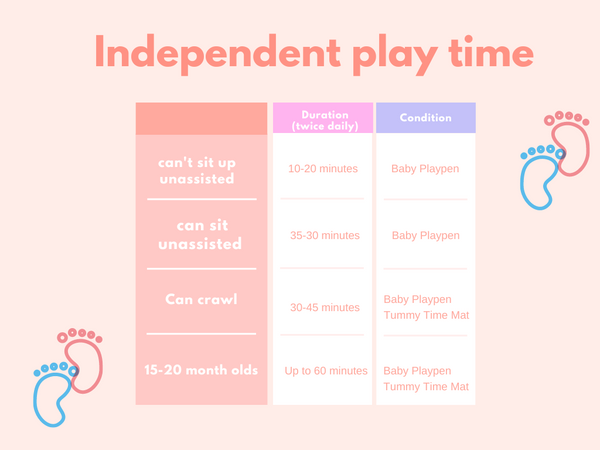As a mom, you want to give your child the best possible start in life. One important way you can do this is by teaching your child to play independently. Playing independently helps children learn about themselves and the world around them. It also helps them develop important skills, such as problem-solving and social skills.
The reason why children should be left to play independently

Teaching your child to play independently is a critical step in their development. Playing games helps kids learn about themselves and the world while developing essential skills like problem solving or social interactions! Making time for imaginative endeavors can be challenging as parents, but it's worth all those late nights because you know they will come back with stories of what happened next at bedtime.
How to start independent play time with your child?
Independent playtime is an essential part of every child's development. It allows them to explore their creativity, work fine motor skills, and develop their interests. But for parents, it can also be a bit daunting. How do you know what to put in your child's independent play space? Here are a few tips:

By following these simple tips, you can create an independent play space that is safe and enjoyable for your child.
What are the benefits of independent play for children?
Independent playtime is essential for baby for some reasons.
So if you're looking for a way to boost your child's development, independent playtime is a great option.
Over to you
Independent playtime (IPT) is essential to a child's development. It allows them to explore, experiment and learn independently, without the constant supervision of a parent or caregiver. This helps them to become more independent and self-sufficient. For busy moms, IPT can also be a welcome respite from the demands of parenting. It gives them a chance to take a break, recharge and focus on their needs. When used judiciously, IPT can benefit both children and parents.








